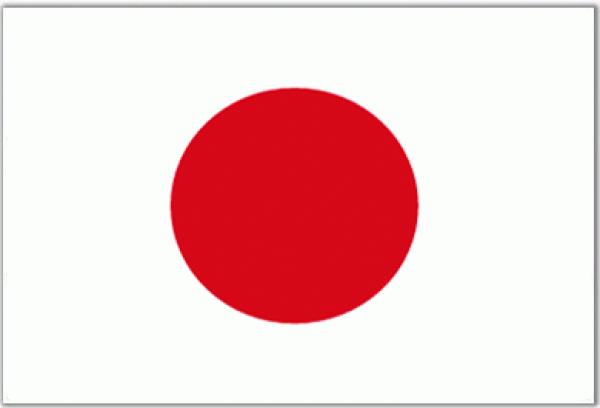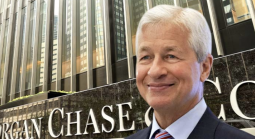Harrah’s Bets on Japan, Taiwan Expansion

MACAU, June 2 (Reuters) - Harrah's Entertainment Inc, the world's largest casino operator, is eyeing expansion opportunities in Taiwan and Japan, as it bets on the fast-growing and affluent Asia market.
Harrah's, which was taken private in a 2008 leveraged buyout, has been absent to date from the Asian casino market, where U.S. rivals Las Vegas Sands, MGM Mirage Inc. and Wynn Resorts Ltd. are investing billions of dollars and reaping rich returns.
But the casino operator was aiming to garner a "significant portion" of its revenue from Asia within the next 10-15 years, depending on government liberalisation of local gaming laws, Michael Chen, Harrah's president for Asia, said on Tuesday.
"Asia remains highly underpenetrated as a market for gaming. There is enormous upside," Chen told Reuters on the sidelines of a gaming show in Macau.
Asia had roughly 100 casinos, far less than the United States, which had more than 800, he added.
Taiwan's huge and wealthy population, as well as gamblers from Japan and China, would largely drive growth for Taiwan's casinos if and when they were built, Chen said.
After years of talk, Taiwan's legislature voted to legalise gambling in January, but limited the move to several offshore islands where it is seeking to boost tourism and speed up economic development.
Progress has been slower in Japan on changing legislation to allow casinos, partly due to the public's fears that the move could lead to social problems.
"In our industry, liberalisation is measured in decades, so it's highly unpredictable," Chen said, when pressed on a timeframe for Harrah's expansion in Asia.
But any near-term expansion for the casino operator is likely to be difficult. Like its rivals, including Sands and MGM, Harrah's has struggled to meet debt costs amid a credit crunch and the global economic downturn.
MACAU INTEREST
Despite a lack of casinos in Macau, which has overtaken the Las Vegas Strip as the world's biggest gambling resort in terms of revenue, Harrah's was interested in the Chinese enclave over the long term, Chen said.
In 2002, Harrah's decided not to bid for a gaming license in the former Portuguese colony when the government opened up the market to foreign casino operators, because it believed the regulators in the 14 jurisdictions where it operated would not permit it to run casinos in Macau, Chen said.
While it has no casinos there, Harrah's paid US$577.7 million in 2007 for a 70.8-hectare golf course in Macau's Cotai Strip.
Foreign casino operators Sands and MGM, and Macau companies including Stanley Ho's SJM Holdings and Melco Crown Entertainment are among the companies holding Macau's six gaming licenses.
"The government has been very clear that there will be no additional licences," Chen said. "Things have a tendency to change, there might be an opportunity for us."
If Taiwan moves ahead with its plan to legalise casinos, gaming developments would be smaller in size and scope because of their locations, Chen said, adding that they "would not be large enough to satisfy a $5 billion investment".
Casinos in Japan's major metropolitan cities such as Tokyo and Osaka would probably have large-scale entertaiment facilities, while those in Taiwan would have golf courses or beach-related attractions, he said.
Harrah's could team up with local partners, including real estate developers, banks and media companies in entering these Asian markets, Chen said.
In 2006, Harrah's lost a bid to Sands to build a new casino resort in Singapore's Marina Bay, which is set to be ready by late 2009 or early 2010.
(Editing by Doug Young and Chris Lewis)













